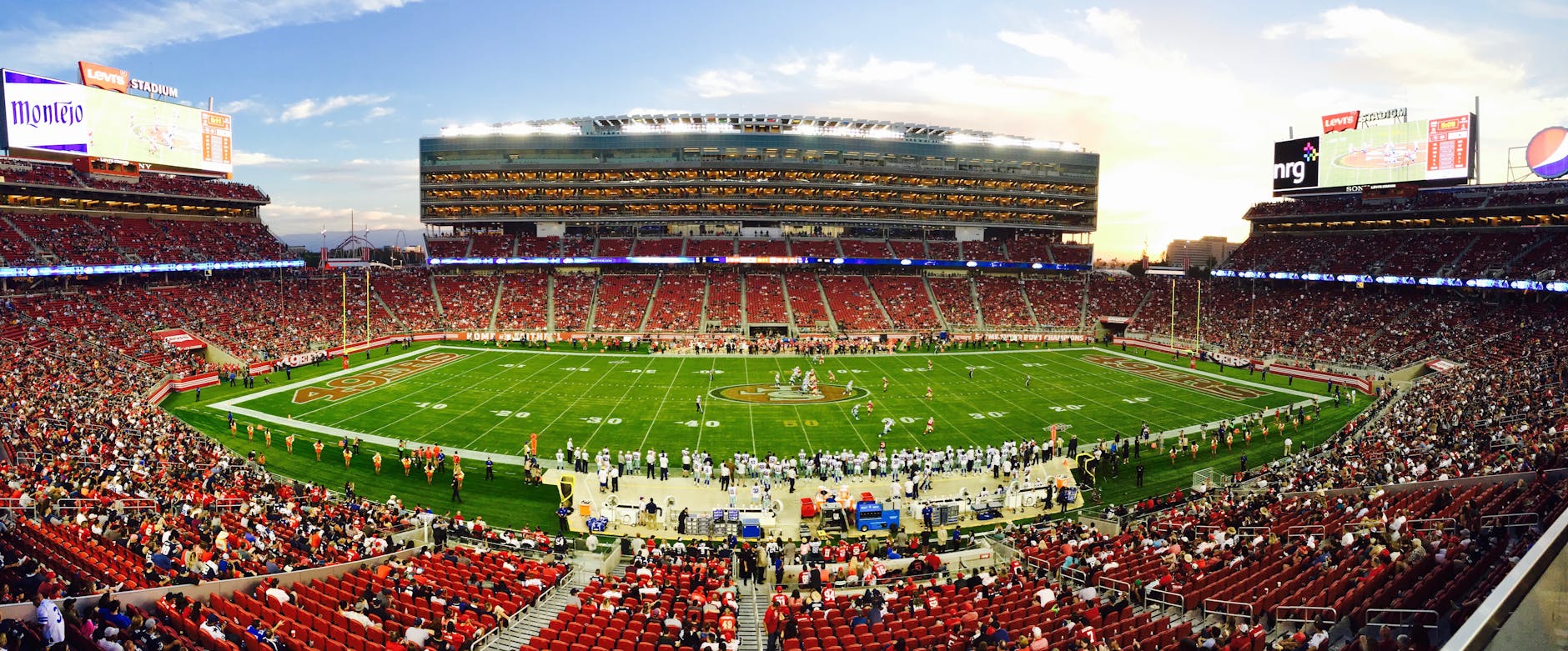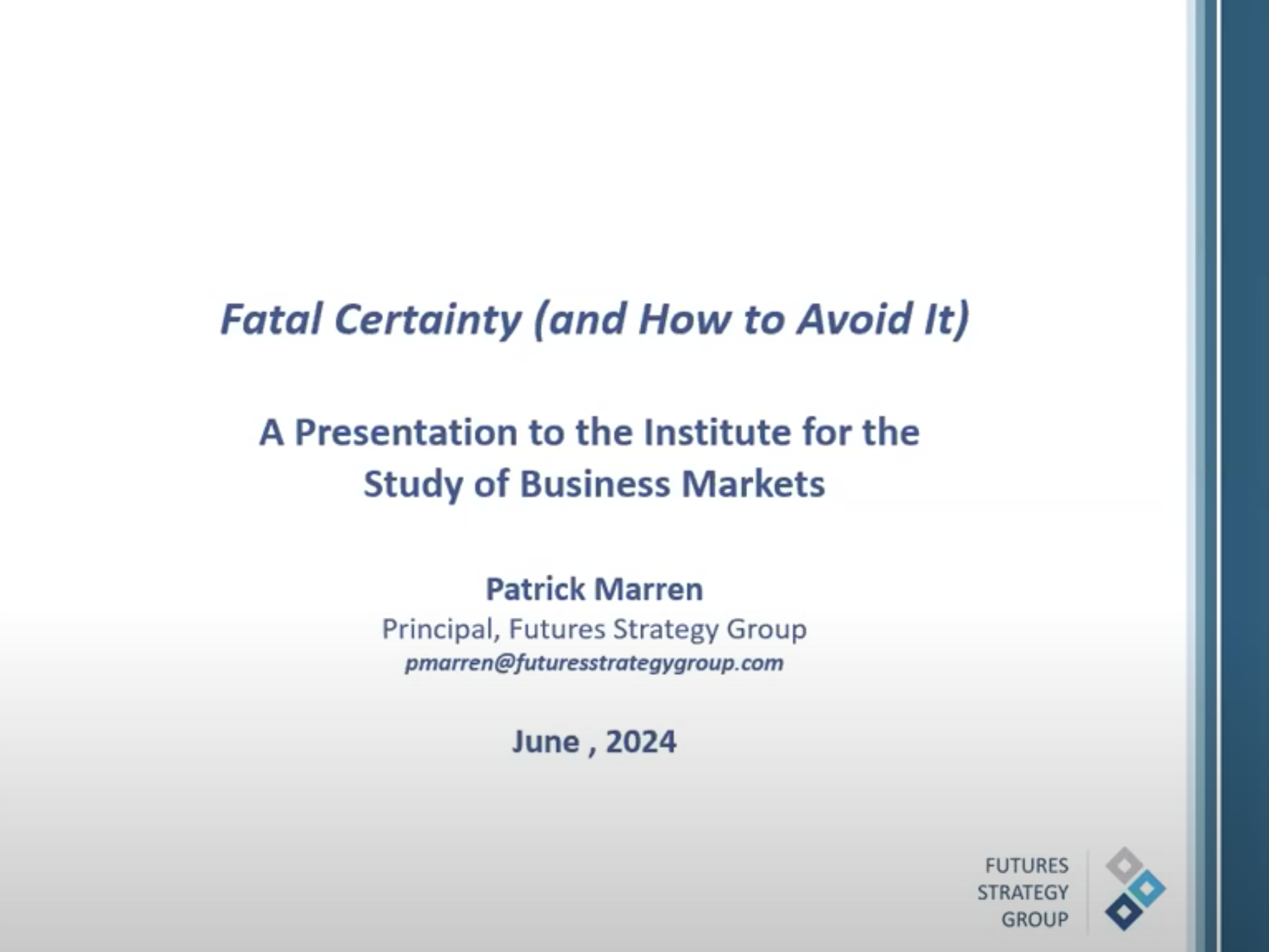For the past 101 days, since Joe Biden dropped out of the presidential race and was replaced by Kamala Harris, news outlets have been obsessing about “the polls.”
For a while before that, there was a brief period in which slogans like “the stakes, not the horse race” were a theme of coverage of this election. In late 2023, it almost looked like authors such as James Fallows, Dan Froomkin, and others might have some influence over how this race would be covered. Journalism professor Jay Rosen coined a slogan: “Not the odds, but the stakes.”
Fallows had written the book Breaking the News in 1996. It decried the increasing tendency to cover the “how” of politics, not the “what.” That is, how politicians got power, passed laws, ran campaigns, etc. etc.; not what they did or why. What certain policies were good for the country was increasingly deemed to be a no-go area for journalism. The tactical maneuverings of parties and candidates and incumbents – these were safe. It was, as Fallows said, “politics as sports.”
Sports are great because the point of a sport is something we don’t ever have to discuss. Sports (and gambling, and financial speculation) are designed to abstract away all discussion of values. No one asks why the Kansas City Chiefs want to score a touchdown, or what the criteria of success for them are. All the arguments are about how they go about it. Should Mahomes have targeted Kelce, or scrambled himself?
Our political system, by contrast, deals precisely with issues that involve the what and why and should of things. Should we abandon all taxation, or institute reparations for slavery? Or raise taxes 2%? Current journalistic practice would dictate that our thought leaders never ask those questions at all. Journalism’s place now is to measure the popularity and prospects of such initiatives getting passed – never the merits (or demerits) of those positions. “Think pieces” that examine what far-future issues might arise are okay – as long as they don’t advocate for any particular political position.
Reporting on polls is the ultimate version of this “politics as sports” coverage. It assumes (objectively wrongly, but conveniently for lazy or cowardly “journalists” or their editors) that consumers of this coverage already are perfectly well-informed about the stakes of the issue in question – they know all the potential ramifications of an election going one way or the other.
So the media can remain obsessed on the subject of who’s winning at the moment, with the assumption being that that shows who’s going to win in the end. This kind of coverage encourages citizens to act like fans, which works great for news outlets, because fans get jolts of endorphins (or their opposite) based on whether their “team” is “up” or “down.” That sort of instant emotional hit drives engagement, which drives the advertising revenue of 2020s on-line media outlets.
Thus citizens are paralyzed by their “team” identification. And media become little better than heroin pushers. And as any pusher knows, the consumer needs a bigger and bigger dose to get the same “high.” And so it is in the direct interest of post-modern media to provide that dose – to do whatever they can to create the most outrageous, highest-stakes electoral contest they can, so that endorphin or rage hit is larger and larger. I think this media attitude was best expressed by CBS executive Les Moonves during the 2016 election:
“It may not be good for America, but it’s damn good for CBS.” …Moonves called the campaign for president a “circus” full of “bomb throwing,” and he hopes it continues. …“Most of the ads are not about issues. They’re sort of like the debates…. Man, who would have expected the ride we’re all having right now? … The money’s rolling in and this is fun…. I’ve never seen anything like this, and this going to be a very good year for us. Sorry. It’s a terrible thing to say. But, bring it on, Donald. Keep going.”
This is from the CEO and Executive Chairman of the network of Edward R. Murrow and Walter Cronkite.
So it is in the direct financial interest of Big Media to frame the election in such a way as to keep all readers/viewers in a maximum state of sports-fan-like arousal and uncertainty – to make the race as close to 50/50 as possible, while maximizing the stakes. To maximize the stakes and the eyeballs, of course, they have to make the election as dangerous as possible. A 50/50 race between normality and insanity is perhaps the optimal outcome for people like Les Moonves.
Hence the past three presidential elections.
And once our sacred electoral process, handed down to us by the Framers of the Constitution, has been turned into a sportsball contest, the only task left for “journalism” (or, as Brad DeLong calls it, “journimalism”) is – report the polls. It’s like 2024 sports. What do people want to know about their team these days? The odds. Point spread. It’s politics and government as rotisserie league sports. Presidential politics as football pool.
Now, I have to admit, polls actually may have helped us out 101 days ago. They showed Joe Biden that he had no path to victory after his disastrous debate performance. Even Nate Silver, I would readily say, deserves kudos for his insistence, even before that debate, that Biden was likely doomed.
But ever since about 100 days ago, when Joe dropped out and Kamala stepped in, the polls have done nothing but provide our heroin-pushing media with trillions of eyeballs and billions of dollars. They have increasingly monopolized our mediasphere, even as they have increasingly shown us a race that is well within the margin of error, especially in the “swing states” that, in our rickety, 18th-century, slavery-friendly, farmer-friendly, presidential political system, are the only ones that actually count.
Think about it. As polls become closer, they become less valuable. They provide less certainty. Yet the amount of public attention on them increases, and the space available for the ever-more necessary what and why reporting is eliminated. They are a complete #$@& waste of time, but boy, they are addictive.
And so the Cult of Prediction rolls on. The horserace dominates. Our elections become professional wrestling, if not political fentanyl. The division of America becomes harsher, more complete, less fact-based (especially on one side), more strident, less compromising, more dangerous… and far more profitable.
Nate Silver is minting money now off his new Substack on presidential odds, far more than he was when he actually was providing value in the months before Biden dropped out – exactly at the time when his website’s objective value as illumination for the public is asymptotically approaching zero. Nate’s never about the what or the why – only the how.
Maybe if Trump wins, Nate will still be allowed to keep talking about poker and sports. I have a suspicion he might be discouraged from opining about politics. It’ll be like when the Taliban conquered all those opium poppy farms and put the farmers out of business. I suspect that somehow Trump might want those poppy farms for himself.


